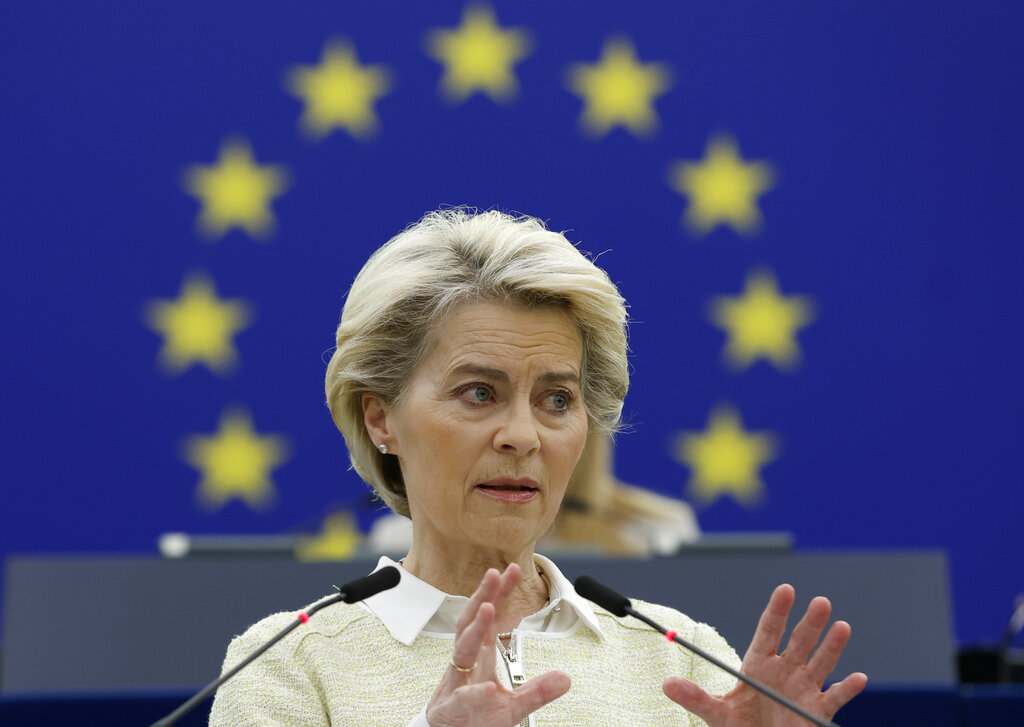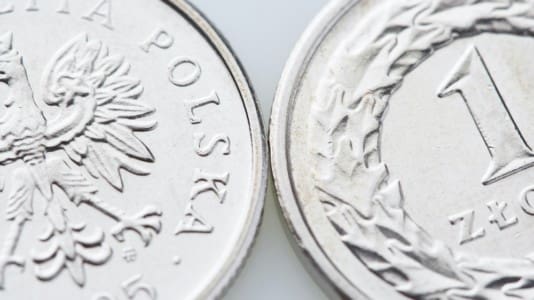Is Vladimir Putin plotting how to destroy the European Union? We cannot know for sure, but any effort on his part is completely unnecessary, as we are able to manage this all on our own.
It is difficult to talk about the European Commission’s new sanctions proposal without helpless rage. The sixth package has reached such levels of self-harm and stupidity — it is truly revolting.
There is an alternative reality in Western political thinking in which sanctions operate. This is, of course, a strange reality, as there may be some contradiction as to why, if the sanctions work, we are devising the sixth package, and why the war has not ended since the previous five.
Experience shows that sanctions mostly do not work. This is the general truth, although of course there are exceptions. Sanctions can be effective if the initiator targets a group correctly, because an already isolated, small country can be more easily squeezed than one of the world’s largest economies.
[pp id=35866]
There is reason to believe that in the years leading up to the war in Ukraine, Moscow was anticipating the sanctions that might come to mind for the Brussels bureaucracy, how far the EU would be willing to go, and how Russia could mitigate this. Most experts talk about the Russian economy being prepared to operate in such harsh conditions for years.
In response, Brussels devised new sanctions that Russia can avoid, but which will immediately knock us to the floor — this is the warped idea of an oil and gas embargo. It is an exaggeration to say that it was invented in Brussels. The separation of Europe from Russian energy is mostly in the interest of the United States, and of course the Ukrainian government is also aggressively demanding it, as usual, without taking into account the reality of the situation.
Common sense makes it completely incomprehensible as to why the European Union wants to punish itself first and foremost instead of sanctioning others. Not all countries dare to speak out, waiting for others to take on this role, but most are confident that the plan will not materialize. This is because EU countries will face huge costs for many years if an embargo is agreed. Not only is the idea infinitely harmful, but it is also largely meaningless, as the war is going on now and the embargo would take effect next year at most, but not everywhere.
[pp id=35728]
Hungarian Prime Minister Viktor Orbán also spoke about this contradiction in an interview: “It is worth considering whether there is any point in such a costly change which can only have effects in four or five years, when the reason for it is the war which is happening now.”
Hungary cannot do anything responsibly in this situation other than stand firm in the debate. In the above-mentioned interview, Orbán said: “It cannot be that we are being ignored and proposals contrary to previous agreements are being considered without taking into account Hungarian interests.”
We cannot let this stand, because the European Union should not be about this. It is more about cooperation, sovereignty and much-mentioned solidarity. The European Union would be the world’s greatest fool if it knocks itself to the floor in this manner. They have already signaled from Washington that these sanctions would be too much, even though the Biden administration is really looking at other interests there.
Let us finally come to our senses, dear European Union!




